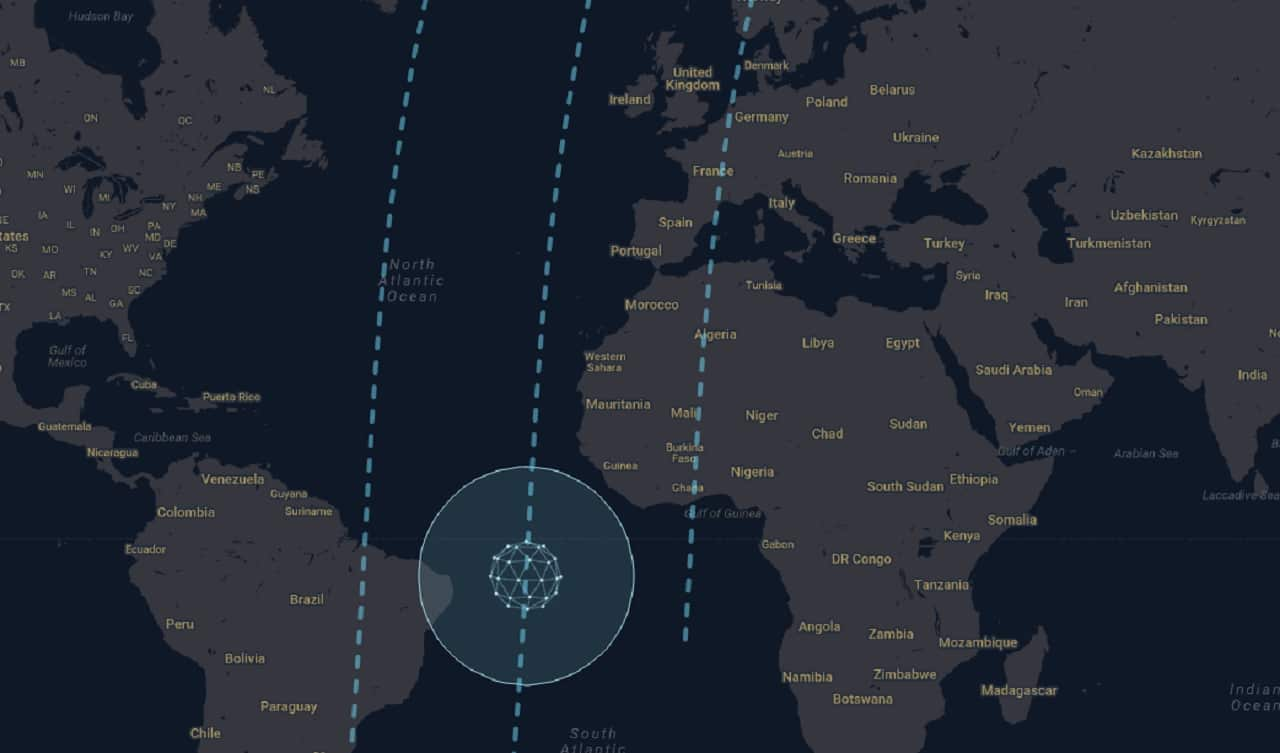Visible from earth with the naked eye, the Humanity Star is a highly reflective satellite that blinks brightly across the night sky to create what Rocket Lab called a "shared experience for everyone on the planet".
It was launched into orbit on Sunday on board the Electron rocket.
Created by Rocket Lab founder Peter Beck, the Humanity Star is "geodesic sphere" made from carbon fibre with 65 highly reflective panels.
He said it spins rapidly, reflecting the sun's rays back to Earth, creating a flashing light that can be seen against a backdrop of stars.

The company said the concept was in part inspired by the iridium flare phenomenon, which is considered to be the brightest man-made object in the night sky.
It will orbit the earth every 90 minutes and will be visible from anywhere on the globe.
Mr Beck said the Humanity Star was designed to be a bright symbol and reminder to all on earth about our fragile place in the universe.
"My hope is that everyone looking up at the Humanity Star will look past it to the expanse of the universe, feel a connection to our place in it and think a little differently about their lives, actions and what is important," he said.
"Wait for when the Humanity Star is overhead and take your loved ones outside to look up and reflect. You may just feel a connection to the more than seven billion other people on this planet we share this ride with."
It will orbit the earth for about nine months before its orbit starts to decay and it is pulled back into the earth's gravity.
It comes as New Zealand joins a small and exclusive club of space-faring nations after its rocket successfully reached orbit for the first time with its Electron booster on Sunday.
The rocket used a New Zealand design and manufactured rocket engine with an innovative design that uses electric pumps to drive parts of the rocket machinery - a world first.
Rocket Lab claimed it would be able to launch satellites for about $6 million - a fraction of the costs of other nations.

